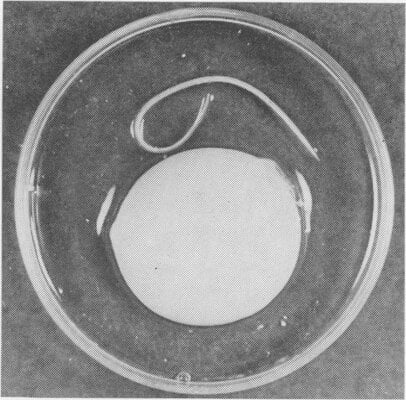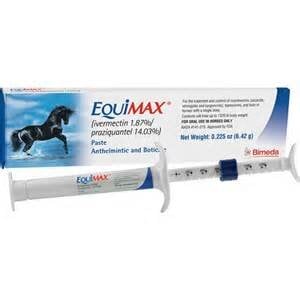- Thread starter
- #16
Harun
Songster
- Apr 10, 2021
- 253
- 165
- 124
She isn't laying per-say but she is sitting on her eggs and not coming out at all.Was she sitting on her eggs or is she currently laying eggs? Is that a dropping from a long sitting on the nest?
My hens sit on their eggs a full 24 hours, sometimes 48 hours before jumping up to exercise and eat. Does that explain the lack of eating or is she just lethargic and standing off her nest?
You absolutely have to worm her and your flock. A good time to worm is after she is done laying and sitting on her eggs. A not so good time to worm is during laying because who knows how the eggs are affected.
Just to add a drug to your list, look for oral Ivermectin drops if you can buy that. Unfortunately I don't know if you can buy Ivermectin in the US. Ivermectin is the drug name, not a brand name. It's used in cattle, livestock, dogs , chickens, humans, etc and it kills all kinds of parasites and worms. Three drops for a full grown chicken and it kills these worms pretty much overnight.
Usually with large chickens they can handle worms until you start to see them losing weight. And also you need to do your whole flock like others said, just be weary of your eggs. The photo looks okay if that is a dropping from a long egg sitting session, she obviously passed quite a few of them but you have no idea how long they have been establishing inside or how many are left.

 lol) If I know a specific girl is infested I will do direct treatment but for the flock, and what I like about treating the water is it treats all- like all things that visit my yard and eat and drink- I have plenty feral chickens, doves etc. it is hot here and my girls drink plenty and it seems to be working more than fine, though I was thinking about getting a fecal float after treatment- today is day 5 for my flock- to see if and what survives. That will certainly determine how I continue to feel about adding to the water. I did have some good worm shed the last 3 days but my girls were a little past due- nothing on the boards prior to treatment- so was surprised by more than a few worms.
lol) If I know a specific girl is infested I will do direct treatment but for the flock, and what I like about treating the water is it treats all- like all things that visit my yard and eat and drink- I have plenty feral chickens, doves etc. it is hot here and my girls drink plenty and it seems to be working more than fine, though I was thinking about getting a fecal float after treatment- today is day 5 for my flock- to see if and what survives. That will certainly determine how I continue to feel about adding to the water. I did have some good worm shed the last 3 days but my girls were a little past due- nothing on the boards prior to treatment- so was surprised by more than a few worms.




